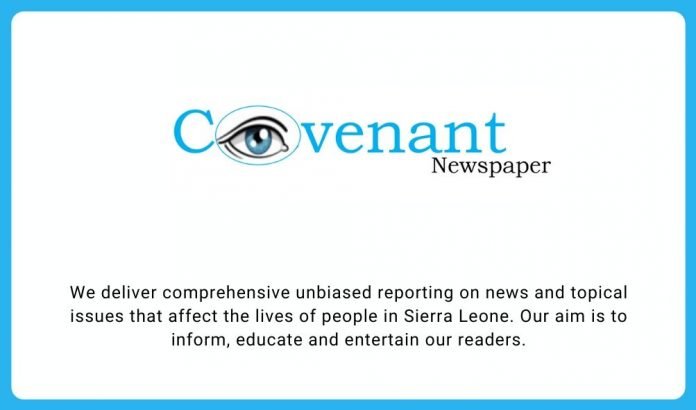Communicating in a Crisis, even if you find yourself in a crisis that is not your fault, how you respond to your customers and the public during it will determine your reputation after the issue has passed. Here are some top tips
Appoint a key spokesperson (preferably a senior manager) as soon as you can to deal with media and external stakeholders. Consider who will be your internal spokesperson too. Give careful consideration regarding who this is and, if the incident is ongoing, make sure they do not get tired. Having more than one spokesperson might be appropriate.
Get professional PR and issues management advice with hands-on support as soon as possible. Dealing with a crisis is very different than day-to-day PR support. If you need to communicate with more people than those directly affected, e.g. you need to ask customers to change their behaviour, consider using social media; but take specialist advice on when to go public and be proactive.
Saying sorry is important and can demonstrate your personality and values. It is possible for organisations to apologies without admitting liability.
Reassure customers, staff and other stakeholders about the systems and processes you have in place to protect them.
You don’t need a huge amount of information or facts to make your first statement. Just confirm the date, time, place, and the main facts.
Undertake to review policies and procedures to reduce the chance of a similar incident occurring again and tell people you are doing this.
Start to think about the restoration phase of your communications activity, as early as possible.
Understand that a crisis often has an emotional toll too, for those managing it and those affected. Make sure that you have things in place to address these needs, such as a staff wellbeing policy or a customer support line.
General advice crisis communications during the coronavirus are to communicate regularly and clearly. One thing the government’s response has shown in the initial stages is that a lack of clarity leads to widespread confusion (and a level of panic too).
Business leaders need to update staff as often as possible on areas such as company policy (e.g. working from home, childcare arrangements and sick pay) and any business continuity plans.
With government press conferences taking place every evening, businesses should seek to update their advice by the next working day so that everyone is clear on where they stand.
Relevant updates should also be shared with customers, either to reassure that the business is continuing as normal, that contingencies have been put in place, or in the worst-case scenario, that the business will have to reduce its offer or temporarily close.
Review the planned activity. Scheduled social media posts, campaigns and events should all be reviewed urgently. Anything that goes against the current advice or does not reflect the current tone and sentiment of audiences will cause reputational damage.
Understand that for many this is an intensely emotional time, with health, wellbeing and finances at risk. Become a trusted source. There must be careful management of messaging, ensuring that you focus on facts.
Never repost or link to unverified information internally or externally. This can lead to rumours or potentially dangerous information being shared. Use official sources such as the government, NHS and WHO. Where advice and updates from these sources have a business impact, spell it out in follow-up communications to staff and customers. If false information about your business circulates, be prepared to respond to it quickly.
Setting up dedicated channels, FAQs, and briefing documents is a useful way of providing information, particularly for issues that affect a wide range of people.
Focus on employee wellbeing. It is likely that the current situation will take an emotional and mental toll. With advice changing regularly, those in communication will need to stay on their toes. Companies should look at ways of providing additional support focused on staff wellbeing.
This may include bringing in additional communications staff (e.g. for industries like health, hospitality and travel). An added benefit of this is that those same people can take over communications if team members go off sick or need to self-isolate.
Be visible, be an opportunity. Tell people how you are reacting to the crisis. Share ideas and tips and use this as the opportunity to share the human side of your business. Encourage people to ask for help. Use technology to stay connected.
Demonstrate your understanding of the personal issues that people might now be facing – we all have to adapt quickly to this new reality.
And, if you are trying to project a message of ‘business as usual’, use the opportunity to be a reassuring voice, where appropriate. But remember, things can change quickly.






























